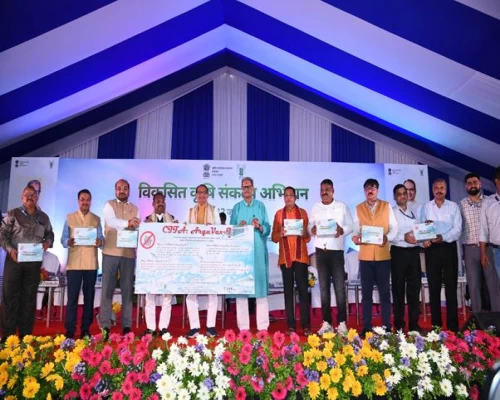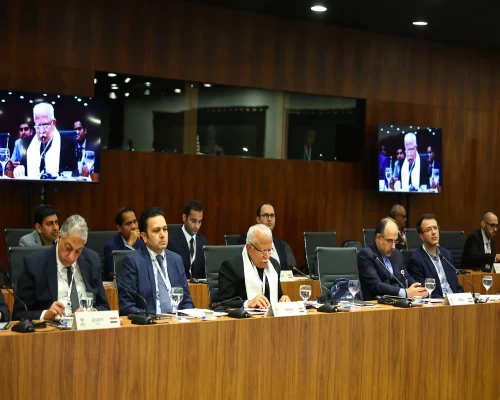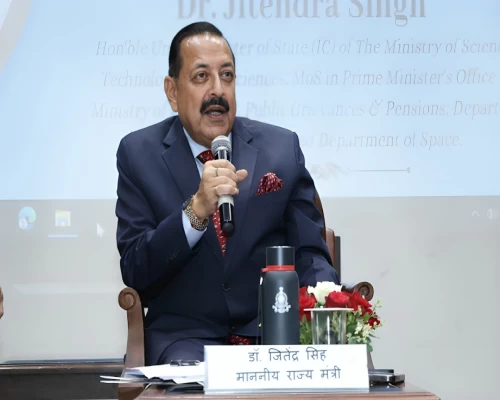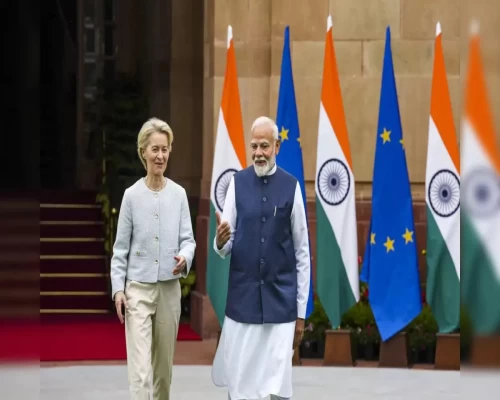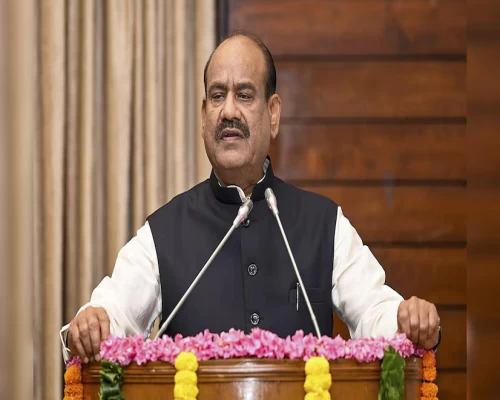
New Delhi: An expert group constituted by NITI Aayog to prepare a framework for future pandemic preparedness in a world where epidemics and pandemics have become a growing cause of concern globally, has suggested enacting separate legislation to handle public health crises. To tackle a health crisis that can occur without warning and affect millions, prior preparedness and equipment are essential. The report, titled ‘Future Pandemic Preparedness and Emergency Response – A Framework for Action,’ stated that learning from the experience of COVID-19, experts have realised that responding within the first 100 days of an outbreak is crucial for effective management.
The proposed Public Health Emergency Management Act (PHEMA) is intended to facilitate the management of any public health crisis. “The PHEMA can address various aspects beyond epidemics, including non-communicable diseases, disasters, and bio-terrorism, and should be in place for a developed country,” the report noted.
It will enable a holistic approach to health management, covering prevention, control, and disaster response, the report added. “The Act would also provide for the creation of skilled public health cadres at national and state levels,” it stated.
The report observed that it is critical to have strategies and countermeasures in place, which can be made available within the first 100 days. It also proposed the establishment of an Empowered Group of Secretaries (EGoS), chaired by the Cabinet Secretary, for Pandemic Preparedness and Emergency Response. A well-prepared mechanism should be in place before any emergency arises.
“A well-structured scorecard mechanism should regularly monitor the progress of key targets,” the report suggested. The priority targets would include developing capacities for human resources and infrastructure, creating innovative countermeasures, securing high-risk financing to save lives and minimise economic losses, establishing a robust regulatory framework, and forming a strong surveillance network connecting epidemiological data with genomic, laboratory, and clinical data.
The report emphasised the need to connect epidemiological surveillance data with genomic data and develop clinical correlations using hospital and lab data. A strong surveillance network was proposed, allowing community and hospital data to flow seamlessly to a unified data portal, ensuring data access and sharing across all relevant sectors. This will require a well-defined data sharing and communication policy, as well as assigning authority to key decision-makers.
To ensure effective and timely action, the report proposed the creation of a Pandemic Preparedness and Emergency Response Fund. It highlighted that, during COVID-19, need-based financial packages were made available for activities like genomic surveillance, vaccine and diagnostic development, and research infrastructure. However, it stressed the need for adequate financing for pandemic preparation.
The report highlighted the importance of addressing India's regulatory system and called for the global harmonisation of regulatory norms. This would facilitate the acceptance of regulatory data across recognised global regulatory authorities and allow for a common framework for innovative technologies and accelerated emergency approvals.
It also recommended the creation of a clinical trial network for global, multi-location trials, which would speed up access to globally developed countermeasures. The report noted that the regulatory authority, the Central Drugs Standard Control Organisation, requires special powers through legislation, along with technical competence and autonomy, to meet these demands.
The expert group was tasked with drawing lessons and experiences, both national and global, from how COVID-19 was managed, and visualising future pathways for tackling any infectious public health crisis. /BI
Read more:





